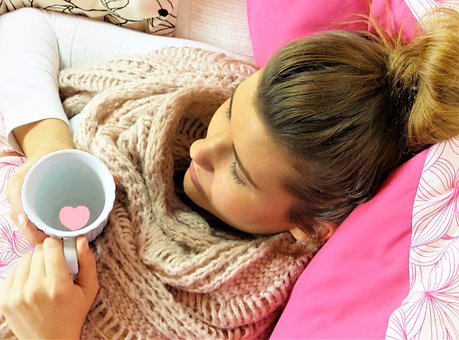As the COVID-19 pandemic progresses exponentially, the world is struggling to contain it through social distancing, lockdowns and quarantines. Unlike the influenza virus, which can also be deadly, there are no medications to temper this virus nor vaccines to prevent it.
Backstory on COVID-19
Coronaviruses are a large family of viruses that usually cause mild to moderate upper-respiratory tract illnesses, according to the US National Institutes of Health. However, three times in the 21st-century, coronavirus outbreaks have emerged from animals to cause severe disease and global transmission concerns. Thanks to research investments into the SARS and MERS outbreaks, scientists are racing to develop diagnostics, therapeutics and vaccines against COVID-19, caused by the coronavirus known as SARS-CoV-2.
Immunity and viruses
Our immune health may be one way to strengthen defenses against a virus that kills the most vulnerable. In general, prevention is more effective than therapeutic treatment in stemming viral infections. Thus, in the continued search for alternative ways to control them, probiotics have emerged as candidates.
Probiotics and viruses
Given that our microbes shape our immunity, can we bolster our defenses with probiotics?
Many prior studies report probiotic value in stemming respiratory tract infections in humans. However, the studies varied in design, outcome measures, probiotics, dose, and matrices used.
Although probiotics appear to be beneficial in respiratory illnesses, the impact of probiotics on specific viruses has not been investigated sufficiently.
Probiotics and influenza
A few probiotics have been studied in regard to influenza. Here are four:
Lactobacillus casei: a strain conferred protection against influenza A virus infection in one recent study with mice. The mice also showed immunity against future secondary infection.
Lactobacillus plantarum: a strain found in kimchi (fermented cabbage) was given to mice beset with lethal flu viruses in a 2018 study. Treated mice showed reduced viral replication in their lungs as well as better survival rates.
Bacillus subtilis: a new microbial peptide called P18 produced by a strain of these bacteria showed protective effects against the influenza virus and even complete inhibition at high concentrations in mice in this 2017 study.
Bifidobacterium bifidum: one 2019 study showed potential to modulate humoral and cellular immune responses and induce balanced Th1/Th2 immune responses against influenza infection in a mouse model. Bonus: increased survival rate in treated mice.
Possible mechanisms of probiotic action
Given its huge importance to human survival, the immune system has evolved into a highly complex and sophisticated symphony of processes to protect us. Discerning exactly how and where probiotics may modulate the immune system is still an emerging science.
However, one recent study in The Journal of Microbiology, Immunology and Infection points to promising clues. A strain of Lactobacillus rhamnosus was fed to mice injected with influenza virus. The results indicated activation of humoral as well as cellular immune responses, conferring increased resistance to the host against influenza virus infection:
- Shift in the host response to Th1 type
- Enhanced IgA production
- Diminished recruitment of inflammatory cells into the lungs
Obviously, there are caveats to discuss.
This was research on mice, not humans; and using the influenza virus and not a coronavirus. In addition, this particular strain is not to be generalized with other probiotic strains, which have their own effect. All of these factors make extrapolation to what we are facing in COVID-2019 inadvisable.
Takeaway
In this pandemic, the respiratory illness caused and the danger posed to the most fragile among us suggests that anything that strengthens the mucosal and systemic immune systems would be welcomed.
Bottom line: Probiotics in food and supplements may be beneficial to immunity. Be sure to bulk up on prebiotic foods also (think of them as comfort foods.) And at the very least, certain probiotics just may alleviate anxiety.
Be safe.

